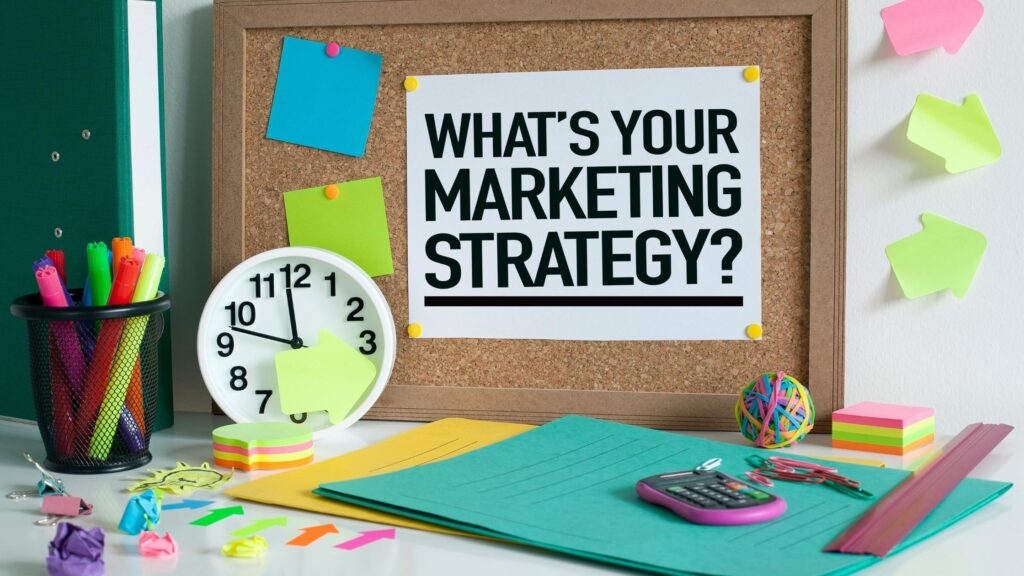The global entertainment industry has evolved from its initial offline promotional campaigns, such as TV and radio broadcasts, followed by local printed media. Whether you organize events for third-party performers and groups or act as your manager and marketing agent, creating a meaningful ad strategy matters more than you think.
According to CMO, 3.6 billion people use the internet daily. At the same time, the fastest-growing entertainment niches include VR content, on-demand video, and internet advertisement, to name a few. It is becoming increasingly difficult for new and relatively unknown entertainment industry professionals to carve out their piece of the proverbial global market.
With the right approach and content, creating an online presence and attracting a sizable following to your brand name and its events is possible. With that said, let’s dive into how you can make an entertainment marketing strategy.
Advantages of Creating a Marketing Strategy for the Entertainment Industry
We all know that marketing content can bring more people to an event under our name. However, a marketing strategy’s benefits and advantages to your entertainment business go beyond surface-level results.
By avoiding unplanned marketing activities and relying on writing tools such as Trust My Paper and Evernote, you can create a more systematic and objective approach to the advertisement. As such, the advantages a marketing strategy can bring to your business’ events include the following:
- Better audience engagement and satisfaction
- Streamlined audience retargeting and data analysis
- Market segmentation and content personalization opportunities
- Higher brand awareness which can attract new clients and partners
- High return on investment (ROI) compared to ad-hoc marketing efforts
Guidelines on How to Create an Entertainment Marketing Strategy
1. Set Measurable KPIs
A few elements of creating a marketing strategy don’t involve writing, filming, or editing. One of the most essential pre-production phases in entertainment marketing strategy creation is the formation of good KPIs. Key Performance Indicators (KPIs for short) inform you and your marketing team of the effectiveness of the content you create and publish.
KPIs vary based on the type of event you promote, what audience you want to attract, and the scale and timetable of your event planning. You can use the SMART goal-setting methodology to create several measurable, highly relevant KPIs for your marketing strategy before proceeding to the production phase.
2. Consider the Follower Expectations
It’s essential to consider your followers’ expectations before you create marketing content for an entertainment event. For example, millennials who want to attend a rock concert will expect different marketing materials than the elderly who might like to attend a philharmonic concert.
Make sure you know your audience before creating content advertising an upcoming event. Even if a big star or a blockbuster is coming your way, you can still fail to attract an audience with improper visuals, wording, or ad placement.
Place yourself in the audience’s shoes and try to anticipate their likes and dislikes to the best of your ability. There is no right or wrong way to approach this phase of entertainment marketing strategy creation – it all comes down to personalization.
3. Emphasize Multimedia Content
One of the key differences between the entertainment industry marketing and others is its content type flexibility. The entertainment industry is ripe for multimedia content in its marketing efforts.
While you shouldn’t neglect written content created via tools such as Studicus and Grammarly, visual and auditory content should be your primary selling point. It’s also crucial to use original content designed and produced in-house (with the permission of whoever you are about to promote).
Avoid using stock photography, video footage, audio quotes, and segments made by other entertainment businesses or marketing agencies. Add creativity to your multimedia, and the right audience will respond to your marketing strategy.
4. Create a Social Media Presence
No matter the demographic or the type of event you are about to advertise, it’s essential to include social media platforms. Social websites like Facebook and Instagram are known for their multi-billion followers, making them a logical target for entertainment industry marketing.
According to Dream Grow, 71% of customers who experience good social media interactions with a brand name are likely to recommend it to their social circles, with 95% of adults (18-34) most likely to follow their favorite brands via social media. Make sure to publish entertainment marketing content on social media platforms and other channels, such as email messaging apps, to reach as many followers as possible.
5. Exclusive and Limited-Time Offers
Lastly, the best way to utilize the entertainment industry in your marketing strategy is to rely on calls to action and limited-time offers. After all, every event you advertise will have a strict timeline.
You can use these dates to create a sense of urgency with your audience and incentivize them to engage now rather than later. Small incentives such as discounts, 1+1 offers, and free complimentary items such as beverages or snacks (depending on the type of event) can help your marketing efforts tremendously.
Calls to action are tried-and-tested marketing strategies that can be utilized in any entertainment advertisement. Call your viewer to “act now” and watch your engagement rates grow.
In Summary
The essential aspect of entertainment marketing is to engage the audience you want to attract to an event. Whether you use social media, email marketing, Google ads, or local printed media, to do so is entirely up to the demographic you want to attract.
Once you know who your viewer is, it’s only a matter of creating tangible KPIs for your marketing efforts and calls to action which will back your goals up. Everything else is up to the people your entertainment marketing materials are intended for – ensure that every piece of content does the job.
If you are looking for a digital marketing company, contact us today!
Author Bio: Kristin Savage is a content writer at Grab My Essay with a marketing, technology, and business intelligence background. She frequently writes at Best Essay Education on data science, BI, new marketing trends, and branding strategies.


